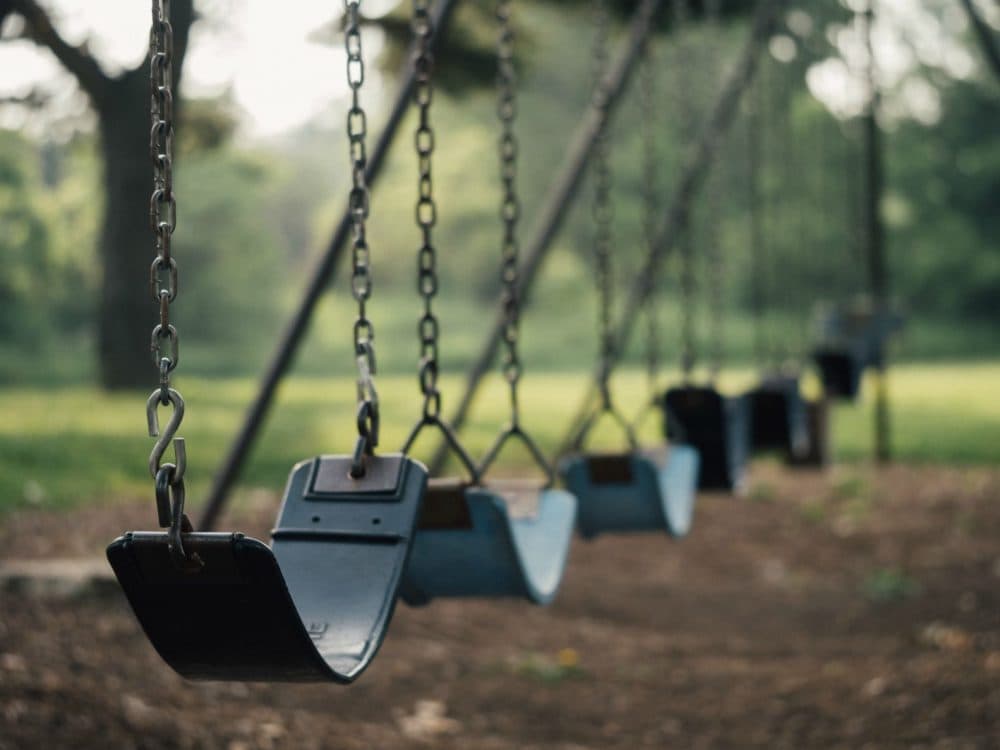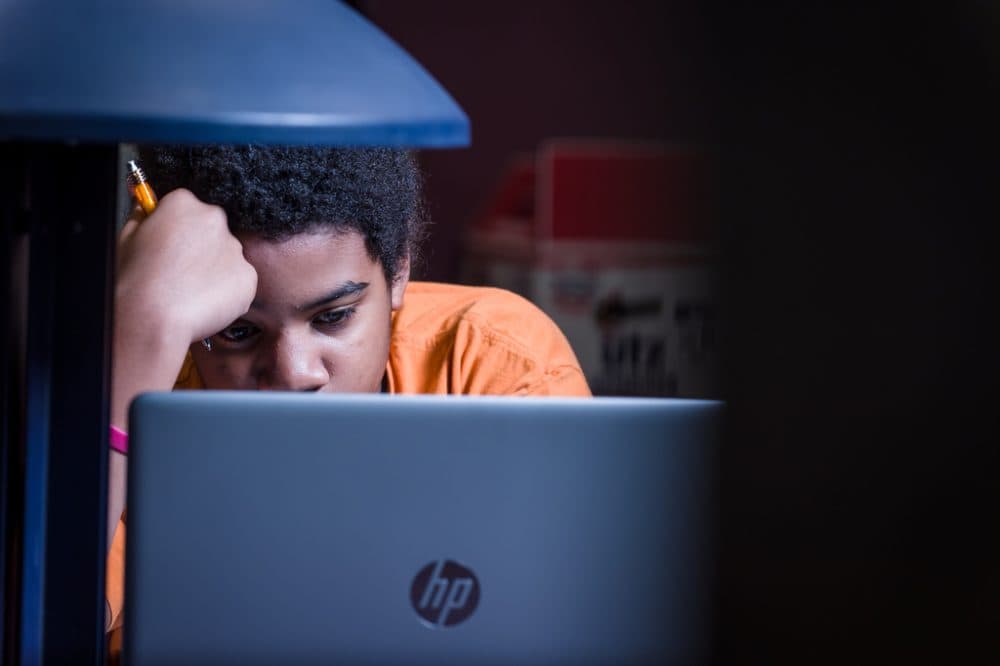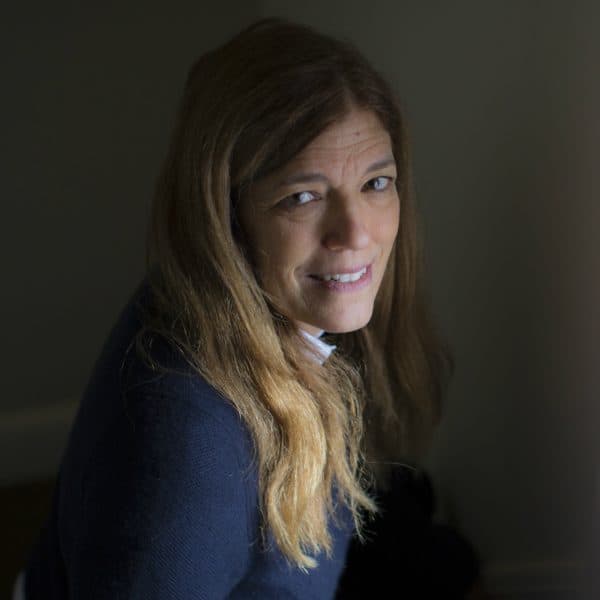Advertisement
Commentary
Leaving No Kid Behind: The Need For More Child Psychiatrists

Our children are at risk.
Here’s a story. A depressed teen with trouble sleeping, difficulty concentrating and slipping grades visits the pediatrician, who refers the teen to a psychiatrist with a five-week waiting period. But during that time, the teen makes a suicide attempt. It’s every parent’s worst case scenario — and it’s also entirely plausible.
According to the Department of Health and Human Services, four million children and adolescents in the United States have serious mental disorders that cause significant functional impairments at home, at school and with peers. Despite this huge number, a 1999 report from the Surgeon General suggests that only 20 percent will receive treatment within any given year.
Although the families of many of these kids won’t try to access care for their child, those who do face long odds of success. In a study published last month, co-authored by J. Wesley Boyd, researchers posed as the parent of a 12-year-old in need of mental health care and called pediatricians and child psychiatrists in five cities across the United States seeking appointments. They were only able to secure appointments with 40 percent of pediatricians and a mere 17 percent of child psychiatrists, even if they had good insurance or were willing to pay out of pocket.
Schools too often become the de facto front line for explosive children who might have behavioral problems...
We have both practiced psychiatry in child and adolescent mental health settings and Nancy Rappaport has worked in public school systems for over 23 years as a child psychiatrist. We know firsthand the myriad mental health problems children can face.
Given how few children and adolescents get the care they need, schools too often become the de facto front line for explosive children who might have behavioral problems for a host of complicated reasons, including the possible toxic combination of ADHD and trauma. Researchers have found that children who exhibit aggressive or problematic behaviors wind up being over-medicated, while the real problems — poverty, family discord, poor nutrition or systematic discrimination — are left untreated.
With a mere 8,000 child psychiatrists in the United States, with estimates that 30,000 are needed, we need to become more discriminating with how we use the scarce resource of child psychiatrists.
To do so, we need to assist child psychiatrists practicing in underserved areas. This would also require that hospitals invest in their communities so that children with severe emotional disorders can have greater access to care. The hospital that we have both been associated with for over 20 years, Cambridge Health Alliance, has been committed to school-based health centers and provides child psychiatry support so that service is provided where the children are.
This kind of infrastructure is key when dealing with struggling students. Collaborative care between child psychiatrists and pediatricians is also essential. In Massachusetts, the Massachusetts Child Psychiatry Access Project (MCPAP) provides pediatricians throughout the state with training and expertise from mental health specialists at academic centers nearby. If a depressed child sees his or her pediatrician, for example, the pediatrician can call a hotline for guidance, seek a face to face evaluation with an MCPAP child psychiatrist or request assistance in accessing a therapist.
We also need programs to help ensure access to needed services. Currently, vulnerable students with mental health emergencies (depression and severe anxiety, self-injury, suicidal thoughts or attempts) might return to school after a psychiatric hospitalization. There is also a lag time in accessing critical outpatient services (both therapy and medication management).

An innovative program initially started in Brookline — Bridge for Resilient Youth in Transition -- is one such program and is now in more than 50 cities and towns across Massachusetts. Through this program, students and families receive assistance navigating the various systems of care. They have access to a clinical coordinator who works with the child's school to orchestrate schedule changes, perform educational assessment, medical referrals and tutoring.
Without this needed care, students are at risk of dropping out or having further mental health problems. These students’ complex needs require a partnership between schools and community psychiatric resources, which provide critical leverage and show better academic performance than “usual care.”
The findings from this latest report are a travesty. We need to do better for our patients. It will be a long road before we increase the numbers of child psychiatrists while also encouraging them to care for the children who most need help. While we wait, making some of the changes above will optimize the resources we have. The well-being of our children deserves nothing less.

